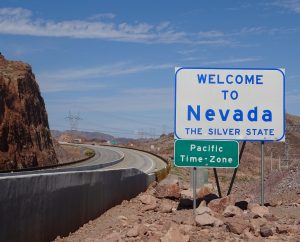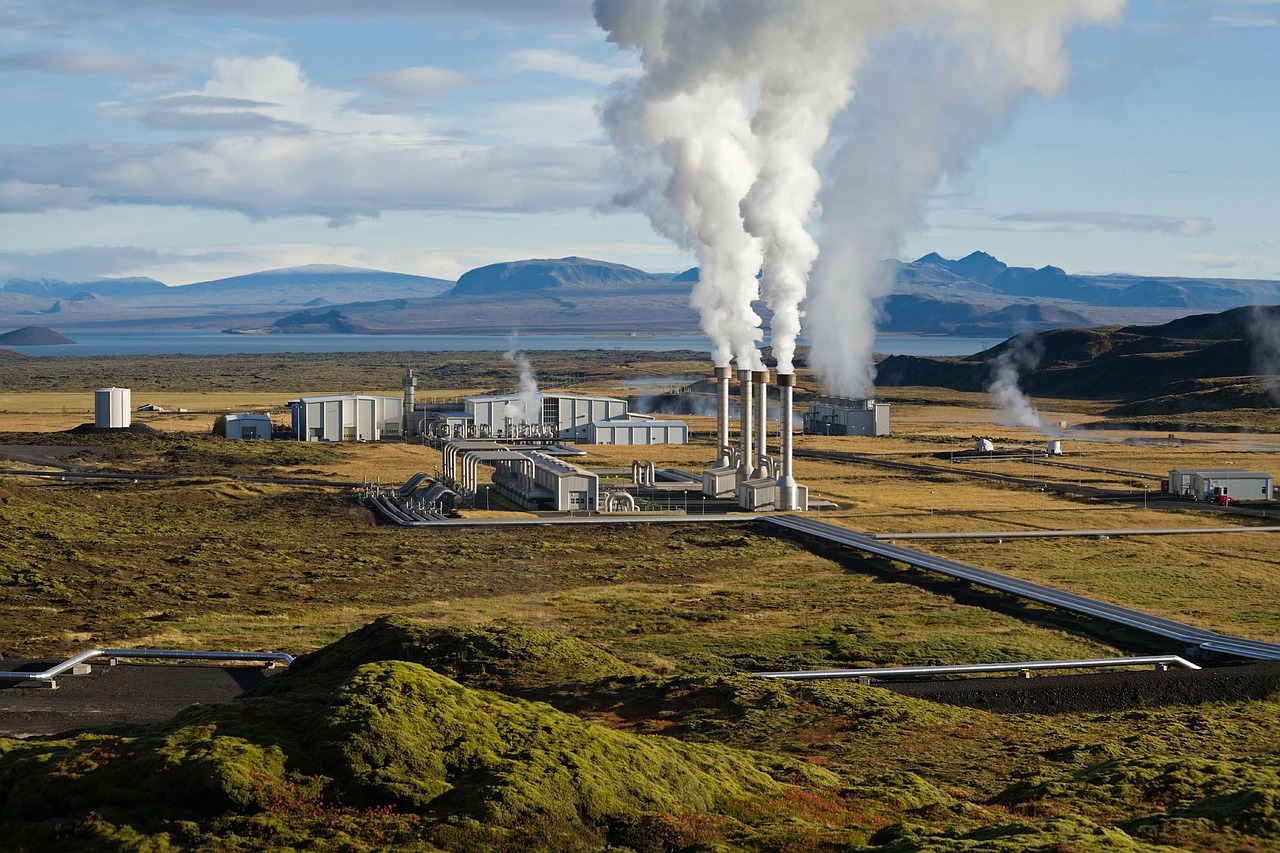A lawsuit was recently filed over plans to build geothermal power plants in Nevada.
The U.S. government was recently hit with a lawsuit by tribal leaders and conservationists in an attempt to “construction of two geothermal plants in northern Nevada’s high desert.” According to the plaintiffs, the plants would “destroy sacred hot springs and could push a rare toad to the brink of extinction.”

For those who don’t know, geothermal plants are designed to pump water from under the earth to “generate steam to make electricity.” The deeper the drills dig, the warmer the water. Geothermal energy is often praised by environmentalists because they “produce significantly fewer greenhouse emissions than plants that burn natural gas or coal.”
The suit was filed by the Center for Biological Diversity and the Fallon Paiute-Shoshone Tribe. When asked about the suit, the organizations said the plants would “turn a pristine and unique location of ecological value and spiritual significance into an industrial site.” Additionally, the suit, which was filed on December 15, alleges the “Bureau of Land Management illegally approved Ormat Technologies Inc.’s project in the Dixie Meadows about 100 miles (160 kilometers) east of Reno without the necessary environmental analysis.” On top of that, the plaintiffs are also arguing that the agency violated the Religious Freedom Restoration Act.
At the moment, a hearing is scheduled for January 4 in U.S. District Court in Reno to rule on the plaintiff’s requests for a “restraining order to temporarily block initial construction work Ormat planned to begin as early as Jan. 6.”
Dixie Meadows is a rare wetland ecosystem in the middle of a desert. It was formed by natural springs and is “home to the Dixie Valley toad found nowhere else in the world,” according to the lawsuit. Despite protests from the plaintiffs and efforts to list the toad as a U.S. endangered species, the Biden administration approved the geothermal plan project last month.
Earlier this year, the Center for Biological Diversity won another endangered species listing that put a stop to a proposed lithium mine near Reno. It’s important to note that Lithium is a “key component of batteries for electric vehicles, a centerpiece of Biden’s energy strategy.”
When commenting on the matter, Patrick Donnelly, the state director for the center’s Nevada office, said, “We strongly support renewable energy when it’s in the right place, but a project like this threatens sacred sites and endangered species is definitely the wrong place.”
Tribal Chairperson Cathi Tuni also chimed in and said the “Fallon Paiute-Shoshone’s ancestors have lived in the Dixie Valley region for thousands of years and long recognized the hot springs as a sacred place of healing and reflection.” She added:
“The United States has repeatedly promised to honor and protect Indigenous sacred sites, but then the BLM approved a major construction project nearly on top of our most sacred hot springs. It just feels like more empty words.”


Join the conversation!